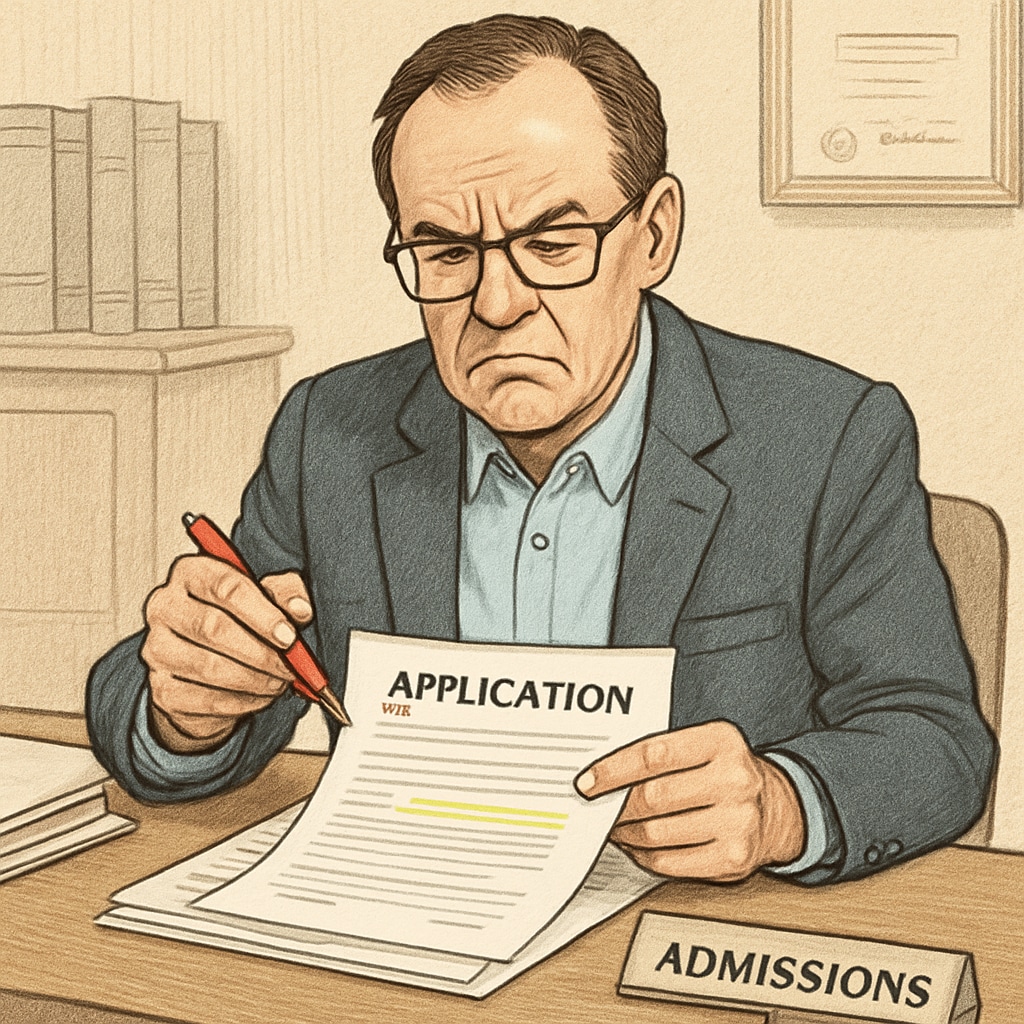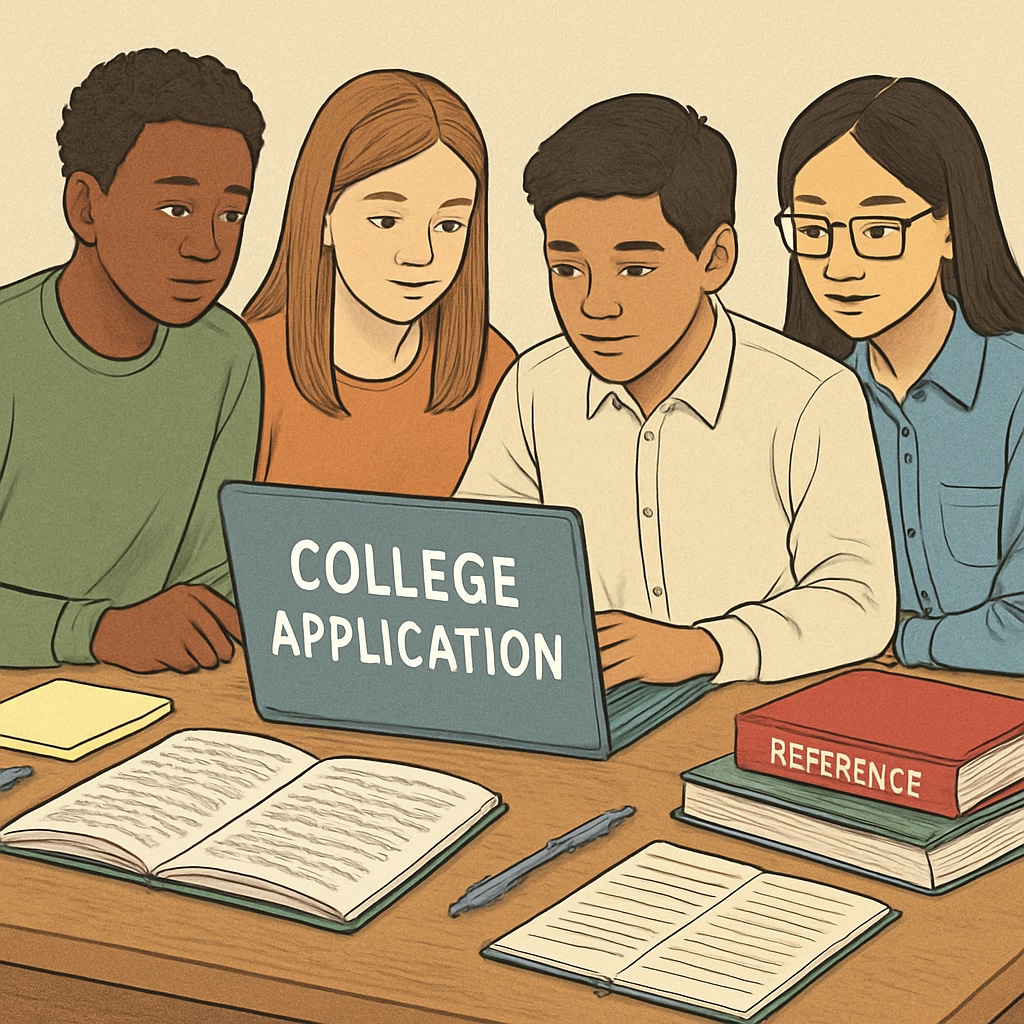“College applications, deception, consequences” form a dangerous triad that can derail a student’s academic journey before it begins. According to a National Association for College Admission Counseling report, nearly 30% of admissions officers encounter falsified information annually. This article examines the ripple effects of application fraud and provides actionable strategies for maintaining integrity throughout the admission process.
The Immediate Fallout of Application Misrepresentation
When universities discover falsified records, the repercussions are swift and severe. Common outcomes include:
- Immediate revocation of admission offers
- Permanent blacklisting from the institution
- Financial aid cancellation
- Legal consequences for forged documents

Long-Term Damage Beyond Admissions
The consequences extend far beyond undergraduate applications. As noted by Educational Testing Service research, students who falsify records may face:
- Graduate school application rejections
- Professional license denials
- Employment termination for credential fraud
- Lifetime reputational damage in academic circles
Maintaining Integrity: Practical Application Tips
To build a compelling yet honest application:
- Highlight genuine achievements, not inflated ones
- Explain gaps or weaknesses transparently
- Secure legitimate recommendation letters
- Verify all dates and honors before submission

Remember: Admissions committees value authenticity over perfection. As demonstrated by numerous case studies, presenting your true self ultimately yields better long-term results than fabricated excellence.


